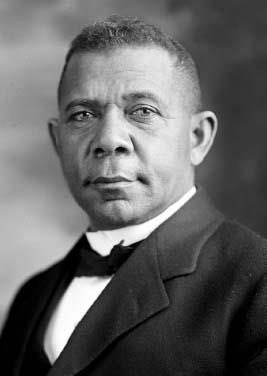OrganizationsBusiness and Unions |
What was the purpose of the National Negro Business League? |
Controversy surrounds the history of the National Negro Business League (NNBL). W.E.B. Du Bois is said to have called for such an organization “in every town and hamlet” where blacks lived in 1899, but was unable to follow through with his plan. Credit has been given to Tuskegee Institute (now University) president Booker T. Washington (1856–1915) for actually bringing the organization to life. He visited African-American businesses all over the country, observed their struggles, noted that banks denied them loans, and concluded that a league was needed to enable the business owners to work together on their own behalf. He wanted the group to be political and thought that many wealthy black leaders could work collectively to benefit many areas of American life. He also called for representation from every business in which black men and women were involved. The first meeting of the league was held in Boston in 1900, with three hundred delegates present. The delegates elected Washington president, an office he held until he died. He saw the organization as an instrument for a new emancipation that could come about through black economic independence. After Washington died, leaders from Tuskegee continued to head the organization until 1945. Until 1953 the NNBL was actually based at Tuskegee. The organization is still in existence. Its mission is to encourage African-American business leaders and youth to become entrepreneurs. Since its founding the NNBL has closely adhered to this mission. Among its various initiatives, the league helps blacks establish new ventures, promotes youth business developments, and encourages African Americans to buy from members of their race.

Tuskegee University president Booker T. Washington is considered largely responsible for creating the National Negro Business League, although the idea originally came from W.E.B. Du Bois.
